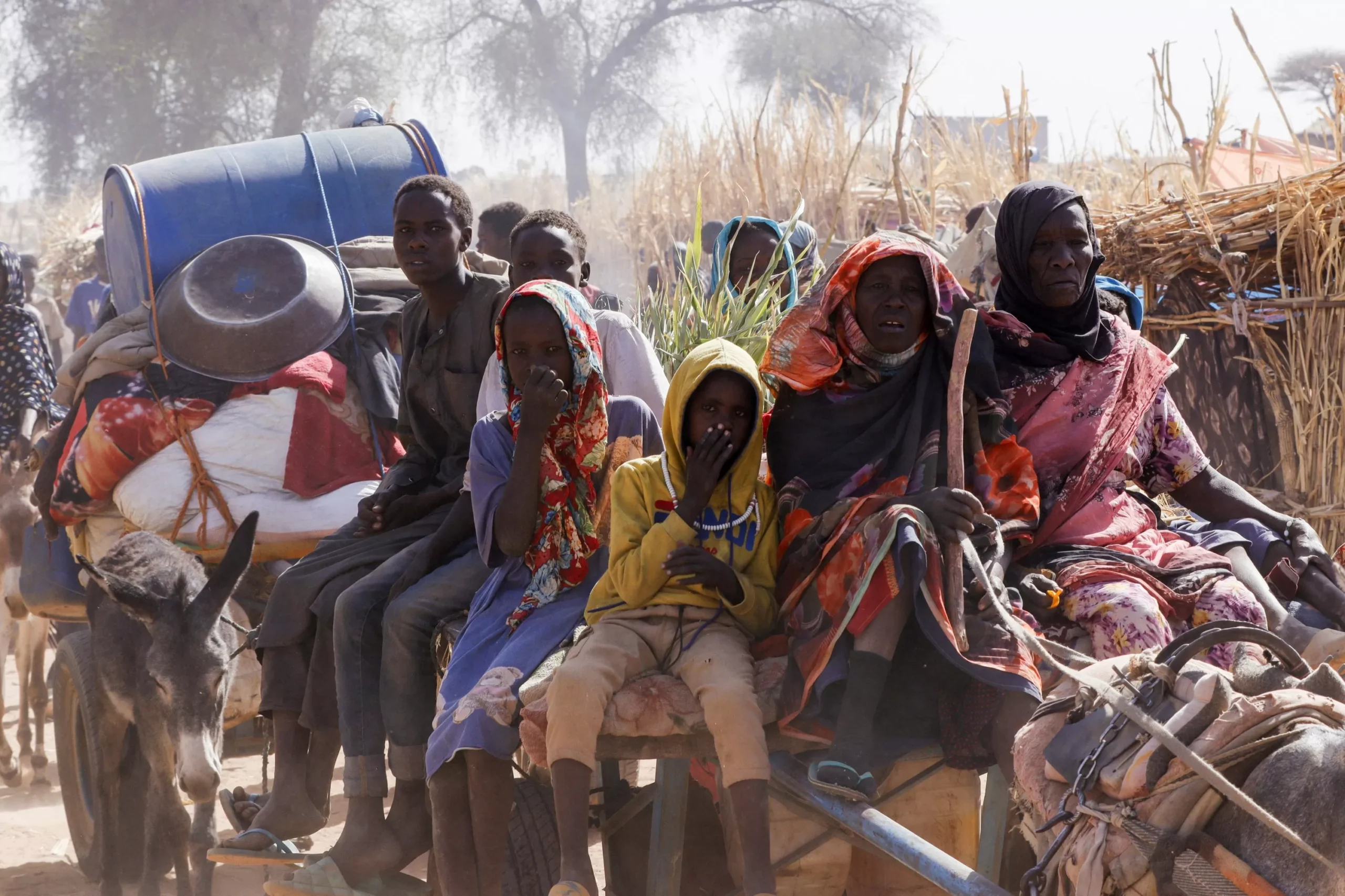As Sudan’s brutal conflict enters its third year, the head of the Sudanese Red Crescent Society, Dr. Mohamed Alhassan, has issued a dire warning about the escalating threats facing humanitarian work in the country. In a recent interview, Dr. Alhassan expressed grave concerns about the safety of aid workers and the impact it could have on delivering much-needed assistance to vulnerable communities.
Since the conflict erupted in 2018, Sudan has been facing an unprecedented humanitarian crisis. The violence has displaced millions of people, destroyed homes and infrastructure, and left many without access to basic necessities such as food, clean water, and healthcare. In the midst of this chaos, humanitarian organizations have been working tirelessly to provide aid and support to those in need.
However, the work of these organizations has not been without its challenges. According to Dr. Alhassan, the security situation in Sudan has deteriorated significantly, making it increasingly difficult for aid workers to carry out their duties. He highlighted the growing number of attacks on humanitarian convoys, which have resulted in the deaths and injuries of aid workers. This has not only put their lives at risk but has also hindered the delivery of crucial aid to those who need it the most.
Dr. Alhassan also expressed concern about the rising levels of mistrust towards humanitarian workers in Sudan. He stated that aid workers are being targeted and accused of being spies or taking sides in the conflict. This has led to increased scrutiny and restrictions on their movements, further hindering their ability to reach communities in need.
The head of the Sudanese Red Crescent Society also highlighted the impact of the ongoing conflict on the mental health of aid workers. The constant exposure to violence and suffering has taken a toll on their well-being, and many are struggling to cope with the trauma they have witnessed. This not only affects their ability to carry out their duties effectively but also puts them at risk of burnout and other mental health issues.
Despite these challenges, Dr. Alhassan emphasized the unwavering commitment of humanitarian workers to continue their work and reach those in need. He praised their courage and dedication, stating that they are willing to risk their lives to save others. He also called on all parties involved in the conflict to ensure the safety and security of aid workers, as they are not a target but rather a lifeline for millions of Sudanese people.
The Sudanese Red Crescent Society, along with other humanitarian organizations, is working tirelessly to provide aid and support to those affected by the conflict. They are providing food, water, healthcare, and other essential services to millions of people in need. However, their efforts are not enough, and more needs to be done to address the root causes of the conflict and create a conducive environment for aid workers to carry out their duties without fear.
In light of the current situation, Dr. Alhassan called on the international community to increase their support for Sudan and its people. He urged them to provide more funding for humanitarian efforts and to put pressure on all parties involved in the conflict to ensure the safety and security of aid workers. He also stressed the need for a peaceful resolution to the conflict, as it is the only way to bring an end to the suffering of the Sudanese people.
In conclusion, as Sudan’s brutal conflict continues to take a toll on the country and its people, the challenges facing humanitarian work are becoming increasingly dire. The safety and security of aid workers must be a top priority, and all parties involved in the conflict must ensure their protection. The Sudanese Red Crescent Society, along with other humanitarian organizations, will continue to do their best to provide assistance to those in need. However, it is crucial for the international community to step up and support their efforts, as well as work towards finding a lasting solution to the conflict. Only then can we hope to see a brighter future for the people of Sudan.





![Complete BritRail Pass Guide [Types, How to Use It, Pros + Cons]](https://inside-news.uk/wp-content/uploads/2025/06/00221EB4-BCA2-4DBB-6CD4-83DBC37D71FA-120x86.webp)












